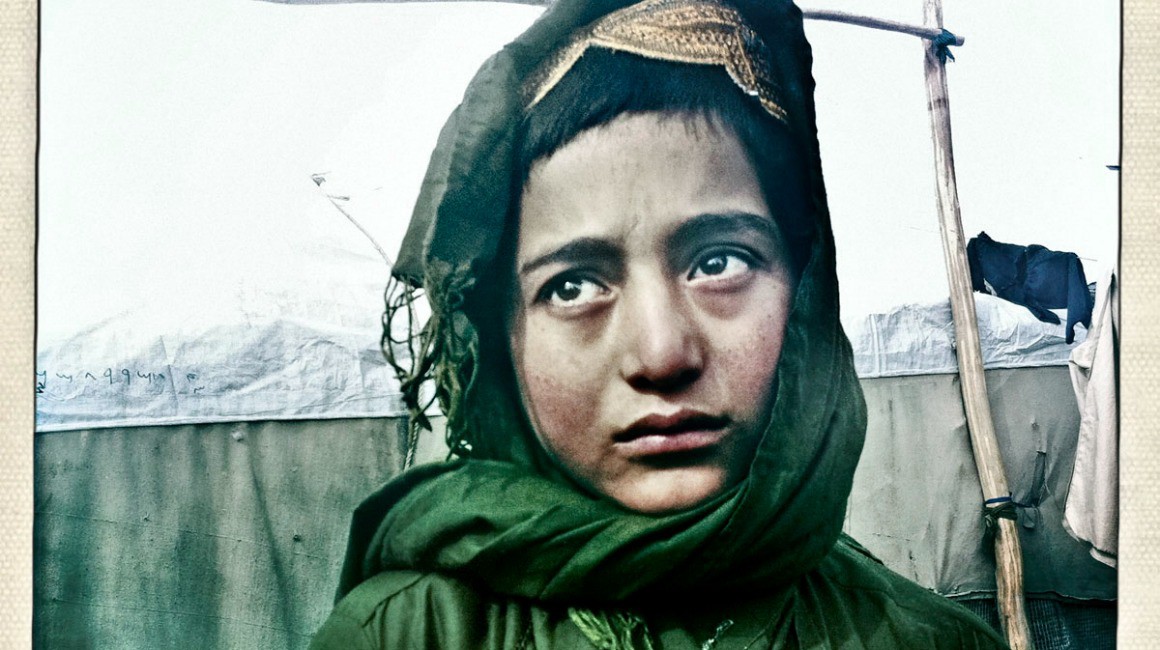While Kabul mosques are usually crowded on Friday, a much larger number of young men gathered at the mosques at the end of last month. They were there to attend a fateha — a recitation of the Koran to honor the dead — for their fellow students killed in the attack on the American University of Afghanistan (AUAF) on August 24.
Their funerals were attended by equally large crowds of Afghans from across the city, who may not have all known the victims personally, but felt a strong sense of solidarity and anguish at what is seen as an attack on the educated youth of the country — their future. For many present, this wasn’t even the first funeral they’d attended in this past year. With an increase in attacks on civilian spaces by several insurgent groups, Afghanistan’s youth are becoming all too familiar with bidding farewell to their loved ones. Only a few weeks ago, another attack — amidst a peaceful civil protest — took the lives of over 80 young men, several of them university students. “We need a break from all this terror. Last six hours of #AUAF and the last 37 years!” Omaid Sharifi, a prominent Afghan civil rights activist, wrote on Facebookduring the attack. “We are dying. #AfghanLivesMatter,” he added.
More recently, three explosions rocked Kabul city on Monday, followed by an attack on a building in downtown Kabul that housed several government offices and an international NGO. The attacks have left nearly 43 dead and over 100 injured, mostly civilians.
Read full story on The Establishment
